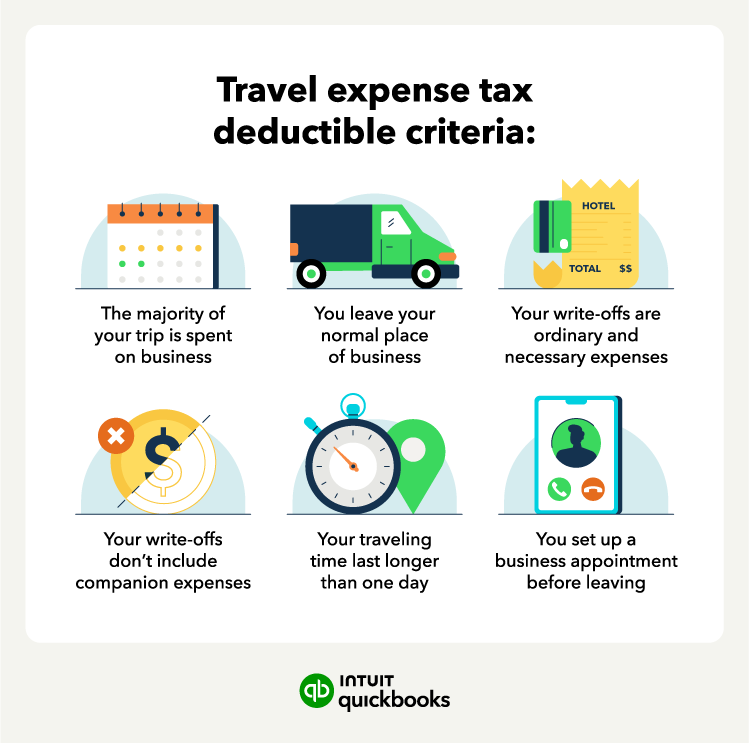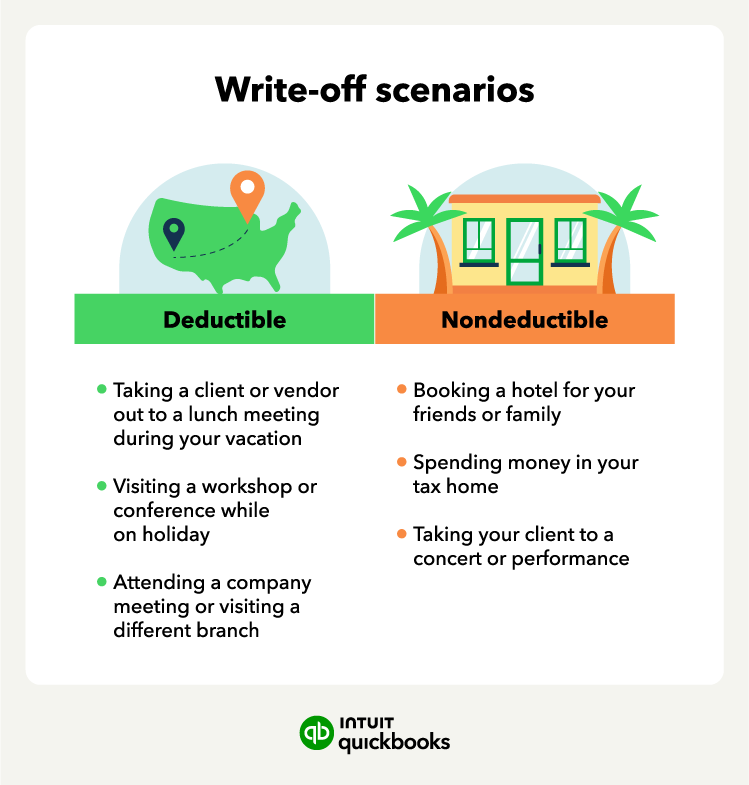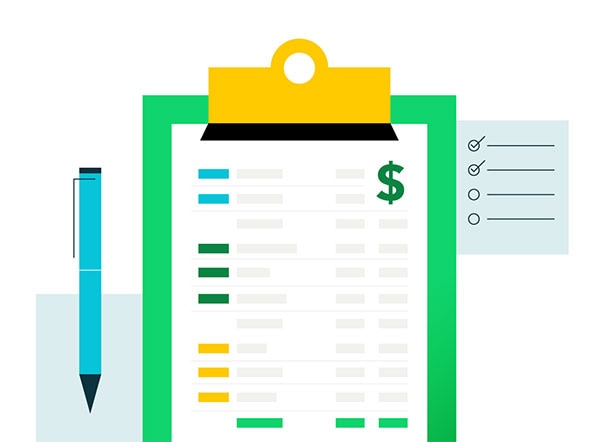2. Make sure expenses are ordinary and necessary
When deducting travel expenses, you’ll want to ensure that every cost you claim is directly related to your business activities and meets the IRS's "ordinary and necessary" criteria. This means the expenses should be typical for your industry and necessary for conducting business.
To determine whether your expenses fall into this category, consider the following questions:
- Would this expense be considered reasonable by others in your industry?
- Is this expense common for similar business trips or activities?
- Is this expense essential for conducting business, or is it more for personal convenience or pleasure?
- Could you have achieved the same business outcome with a less expensive alternative?
Carefully considering these questions and applying sound judgment will help you ensure that your travel expense deductions are legitimate and won't raise any red flags during a tax audit.
The IRS expects business owners to be prudent with their spending and avoid deducting excessive or extravagant expenses related to their business needs.
3. Save all receipts from a trip
Track all expenses by holding onto every receipt from your trip. While not every expense will earn a write-off, it’s worth checking in with a tax professional before throwing any away. Over time, small write-offs and unexpected deductions lead to huge savings.
While the IRS previously had a rule about not requiring receipts for expenses under $75, it's generally best practice to keep receipts for all expenses, regardless of the amount. This helps substantiate your deductions in case of an audit.
Always maintain a detailed log with the date, time, amount, and business purpose of each expense. To streamline the process, you can use QuickBooks expense tracking software.
4. Itemize your expenses
Once you narrow down the receipts eligible for a deduction, organize them into different categories.
Here's a step-by-step approach to itemizing your expenses:
- Gather all receipts: Collect all receipts, invoices, and other documentation related to your business travel expenses.
- Categorize your expenses: Create a system for organizing your receipts. You can use physical folders, digital files, or a spreadsheet to categorize your expenses.
- Record key details: For each expense, record the date, amount, payment method, and a brief description of the business purpose. This will help you remember the context of each expense and justify it if needed.
Use this free travel expenses write-off calculation sheet to find the estimated amount you can write off for travel expenses. Make a copy of the spreadsheet and input your expenses by category to use the total as a reference.















